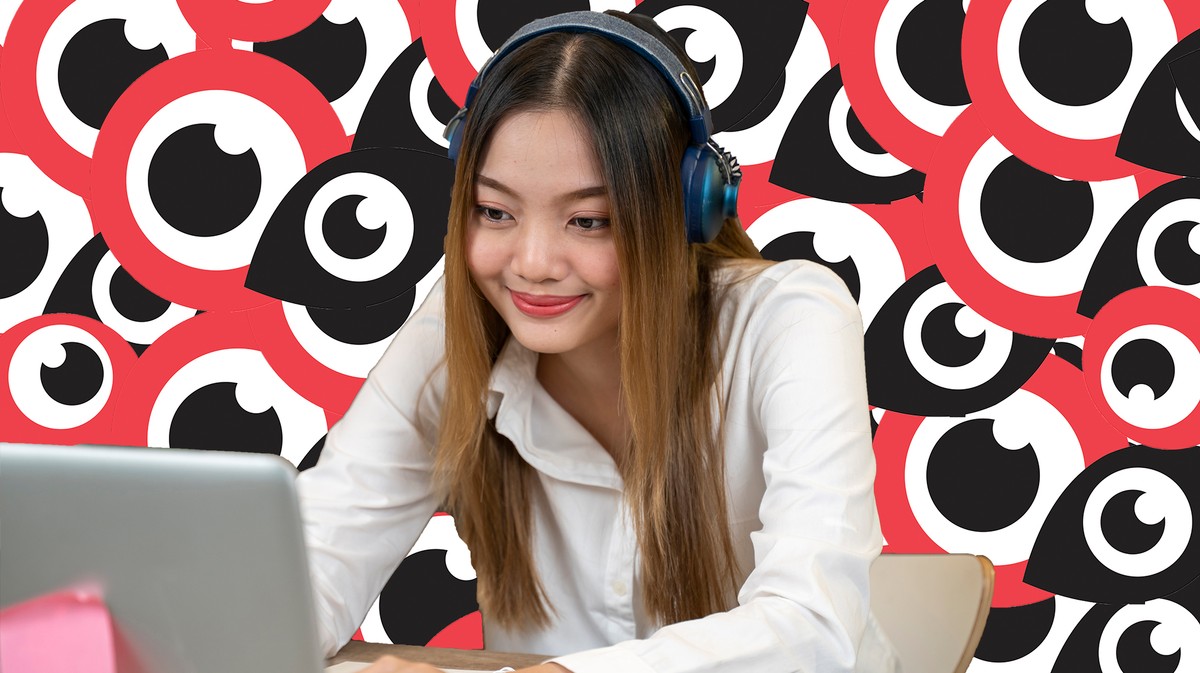
Students Are Rebelling Against Eye-Tracking Exam Surveillance Tools by Todd Feathers and Janus Rose.
Invasive test-taking software has become mandatory in many places, and some companies are retaliating against those who speak out. One major point of contention between proctoring companies and university communities has been the algorithmic techniques the software uses to detect potential cheating. Proctoring software determines whether a test-taker’s “suspicion level” at any given moment is low, moderate, or high by detecting “abnormality” in their behaviour. If a student looks away from the screen more than their peers taking the same exam, they are flagged for an abnormality. If they look away less often, they are flagged for an abnormality. The same goes for how many keystrokes a student makes while answering a question. Variation outside the standard deviation results in a flag. That methodology is likely to lead to unequal scrutiny of people with physical and cognitive disabilities or conditions like anxiety or ADHD.
